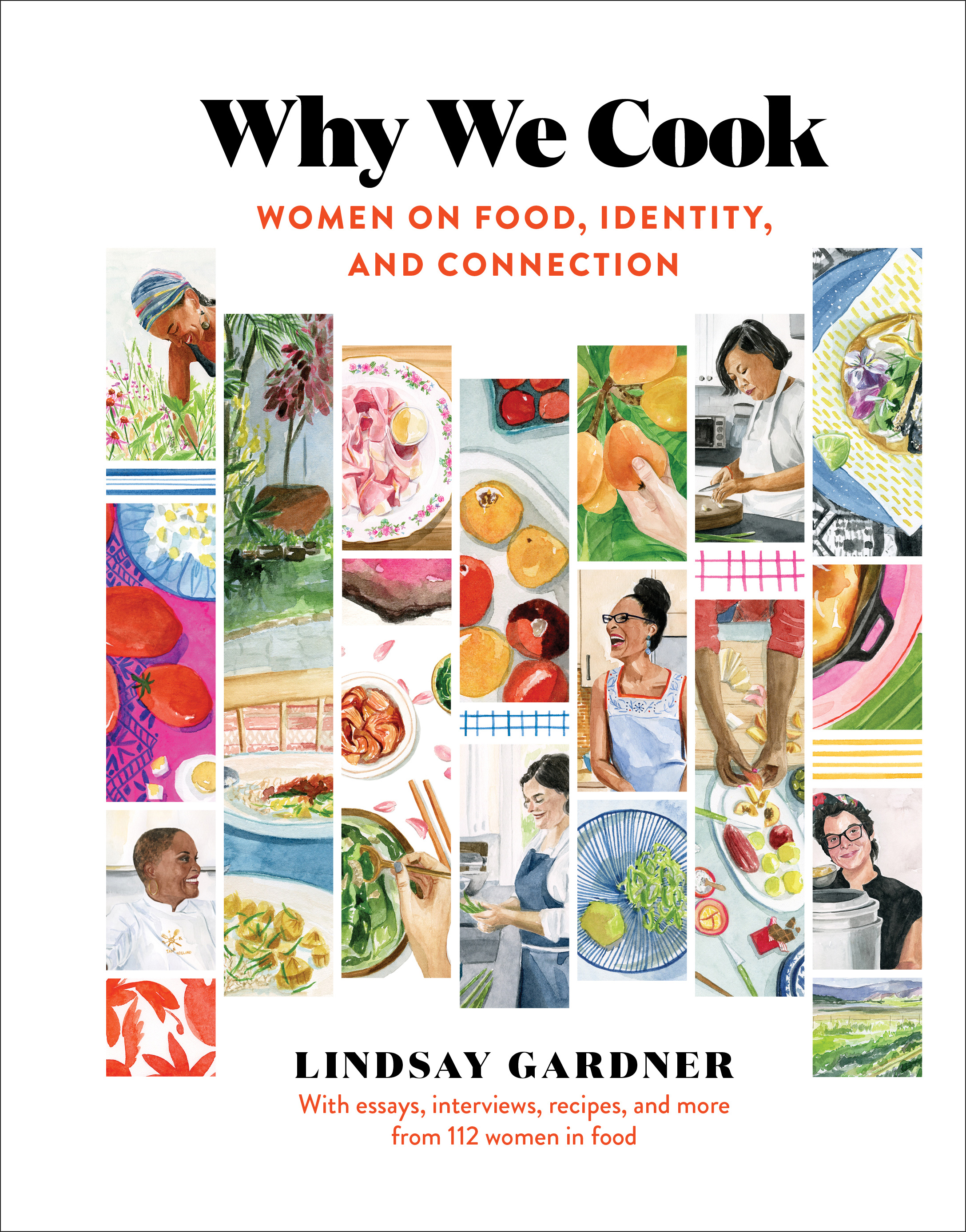What’s on the syllabus for distracted lifelong learners? Takes on food, feminism, philosophy, and more.

50 Things to Do at the Beach
Big-wave surfer Britton, who has a PhD in environment and society, offers a concise, illustrated primer based on years of research and activism: she rides a surfboard made from cigarette butts to raise awareness about environmental conservation, and is the first woman known to have surfed Iran’s Baluchistan Coast. See our q&a with Easkey, “Reading the Sea.”

The Three-Minute Philosopher
Midal, whose books include The French Art of Not Giving a Sh*t, is a philosopher who lectures frequently on meditation and mindfulness. Here, he distills inspiration from 40 writers and thinkers including James Baldwin, Charles Baudelaire, and Simone de Beauvoir. Each essay can be read in three minutes, serving up deep thoughts on a fast-food timeline.

Wake
In this graphic novel, PhD historian Hall tells the little-known stories of New York’s women-led slave revolts. She locates these women in old letters, court documents, slave ship captains’ logs, and “the forensic evidence from the bones of enslaved women from the ‘negro burying ground’ uncovered in Manhattan,” according to the publisher. Hall unites the disparate pieces to construct the imagined saga of Adono and Alele, two Black women freedom fighters on the slave ship The Unity.

The Witch of Eye
Drawing connections to contemporary social justice issues, philosophy, and feminism, poet and essayist Nuernberger relates a social history of so-called witches across centuries and the globe. In brief, lyrical retellings, she profiles women including Walpurga Hausmännin, a midwife executed for witchcraft in 16th-century Bavaria, and Maria Gonçalves Cajada, convicted of sorcery in 17th-century colonial Brazil. Their stories become a lens on Nuernberger’s own experiences, whether as simple as a walk in the forest, as disturbing as a visit to the Prague Museum of Torture, or as personal as her wedding.

Why She Wrote
Bonnets at Dawn cohosts Burke and Chapman offer a graphic anthology that shares a subject with their literary podcast: women writers of the 18th–20th centuries, well-known and otherwise. Each of the 18 mini-profiles highlights a single significant moment in each subject’s life to answer questions of, in the words of the introduction, “who she was, what she wanted, and why she wrote.”

Why We Cook
More than 100 women in the intersecting worlds of food and social justice—among them Carla Hall, Cristina Martinez, Bonnie Tsui, and Julia Turshen—discuss representation in the culinary community, erasure of women chefs, and comfort foods to get readers through hard times, in an easily digestible volume rich with recipes and Gardner’s illustrations. The book aims to offer “hope for all that is possible, for learning, empathy, change, equity, and growth,” Gardner writes, “in and out of the kitchen.”



 Volume 268
Issue 4
01/25/2021
Volume 268
Issue 4
01/25/2021





